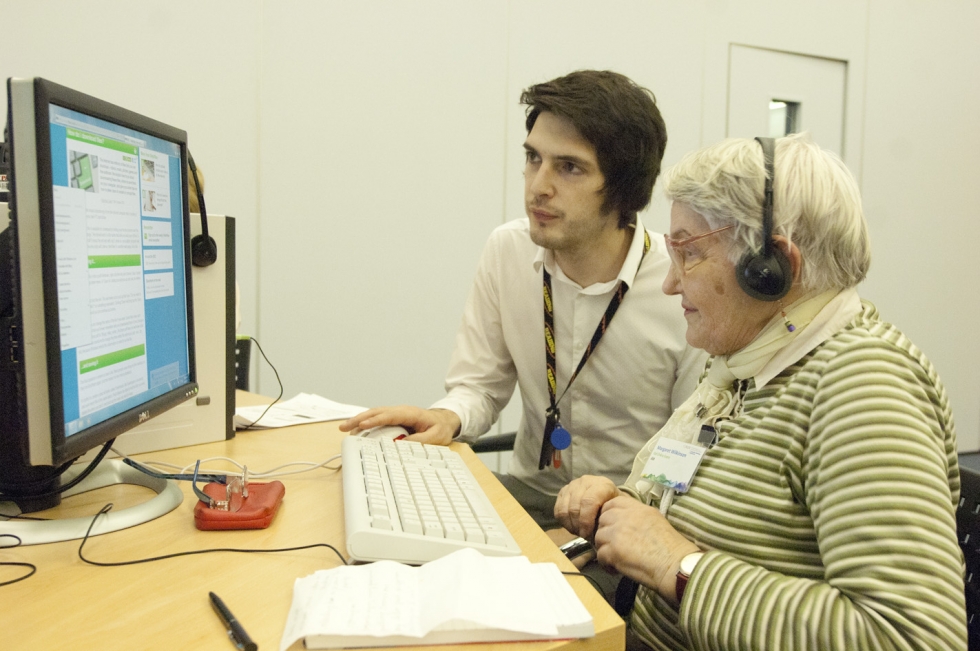 Here at Digital Unite we’ve been helping people with improving their digital literacy for around 17 years and in that time we’ve read and written a lot about digital skills, digital exclusion and everything in-between.
Here at Digital Unite we’ve been helping people with improving their digital literacy for around 17 years and in that time we’ve read and written a lot about digital skills, digital exclusion and everything in-between.
So, let’s cut to the chase and reflect briefly on where we are now in the challenge to get the nation ‘digital by default’?
Our experience suggests the following:
- We are kidding ourselves about the magnitude of the challenge. You can’t deny the figures, with 7 million still in the UK who have never used the internet and that number again with limited online skills. However the fact of the matter is those who are predisposed to getting online probably already are so we have to work much harder to encourage, cajole and support those who are not. At current projections we are going to have a significant number on the wrong side of the digital divide come 2020. We either accept that and plan accordingly or up our spend by an order of magnitude.
- We must adapt to changing technology trends. It was estimated that in the final quarter of 2013 more tablet devices were shipped than PCs and laptops combined. For older people, the combination of tablets and apps is easier to master and use than a PC. Indeed, 1 in 3 of last year’s Spring Online events involved tablets or smartphones and of the 270,000 unique visitors to the Digital Unite website each month almost a third (32%) access from something other than a PC/laptop.
- It’s personal not business. We have yet to find anybody who was motivated to spend their time, money and energy acquiring digital skills to enable them to access a UK Government website but we have lots of examples of people wanting to talk to grandchildren in Australia, read a book in a super large font and keep in contact with old friends. We know that newcomers to the internet want to get online to find information to support their daily lives (42%) and keep in touch with friends and family (33%).
- Don’t threaten me. Perhaps it applies to all ages but certainly older people react really badly to be threatened or coerced, even if they might actually think it is a good idea. We have to get smarter at the language we use so that the digitally ‘excluded’ don’t feel inferior, threatened or a burden. So let’s not get lost in the bureaucratic reasons why people should be online, and instead continue to focus on the hugely significant and highly personal benefits digital technology brings.
- It requires sustained help at a local level. Take one group of housing residents we recently supported through a six-week programme of face-to-face tuition. At the end of it they all understood that computers and the internet were not so scary but only half were motivated to go on to do more. The other half were still worried they’d ‘forget things’ or ‘break the computer’ if left on their own. Who is going to provide that ongoing assistance? In our view there is only one solution and that is recruiting and supporting “Digital Champions” who live in and know the area.
- A little funding goes a long way. We have seen over and over that a little bit of money targeted at ground-level can make a huge difference to digital inclusion. Last year we administered a grant scheme giving £100 to 100 local volunteers and organisations. Items bought included a new larger monitor to help visually impaired people see the text, a new battery for a laptop people were using to get experience in their own home, a Mi-fi device to connect five tablets at mobile locations, transport and interpreting costs for those with hearing difficulties and a subscription to enable ex-service men and women to research family war records. You get the idea.
We don’t have all the answers and probably don’t know all of the questions. If we were to distil all of these points into a single comment about the challenge of achieving digital by default it is we need be honest and realistic with what we can achieve and ensure our approaches are far better tailored to the people we are trying to help to the other side of the divide.
Dick Stroud, Acting Managing Director, Digital Unite.
Our digital inclusion campaign, Spring Online in association with Carphone Warehouse takes place between 31 March and 4 April 2014 and volunteers and organisations across the UK are encouraged to get involved to get local communities online.